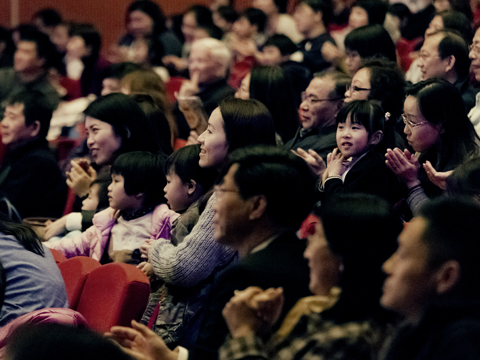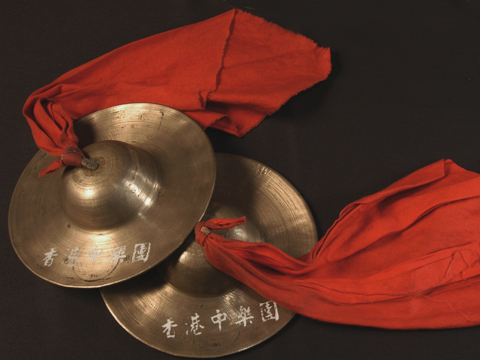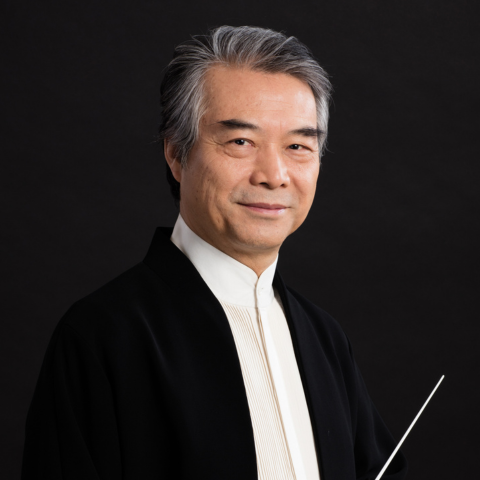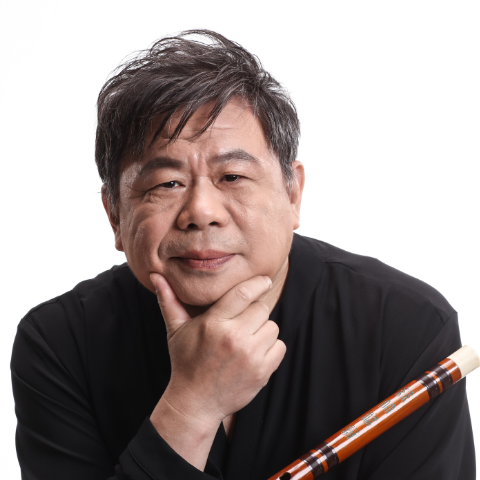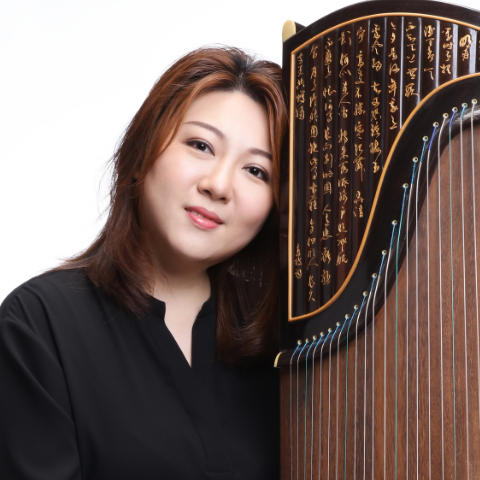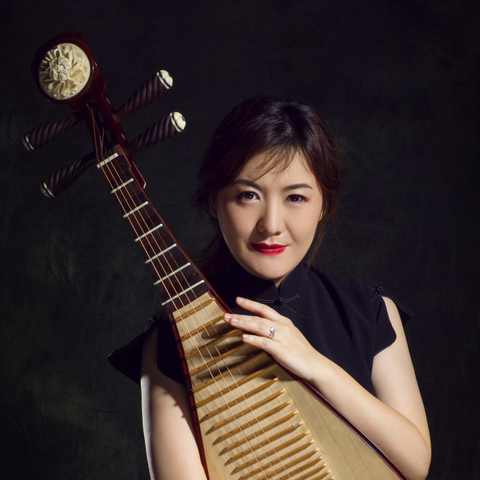
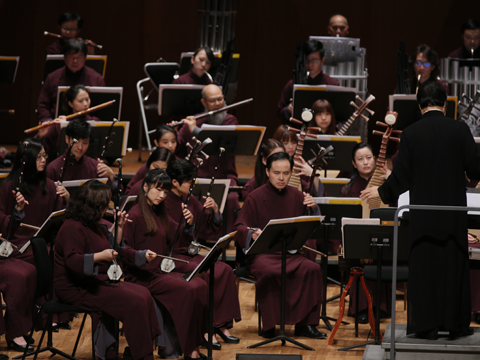
HKCO
Hong Kong Chinese Orchestra Environmental, Social and Governance Artistic Director and Principal Conductor for Life Orchestra Members Council Advisors & Artistic Advisors Council Members Management Team Vacancy Contact Us (Tel: 3185 1600)

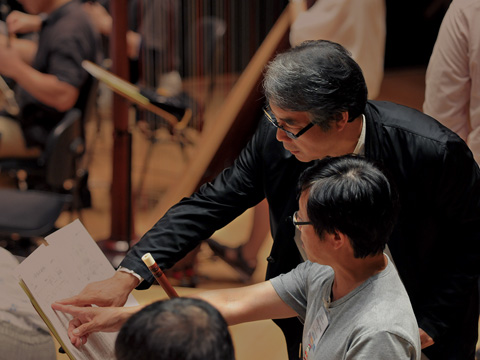
What's On

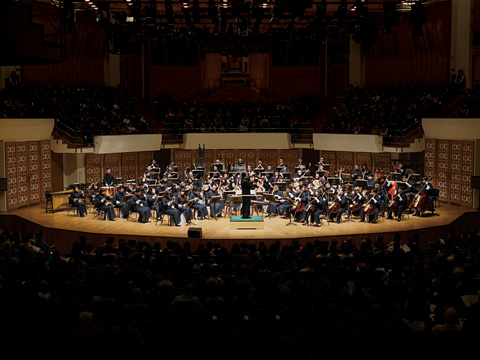
Concerts

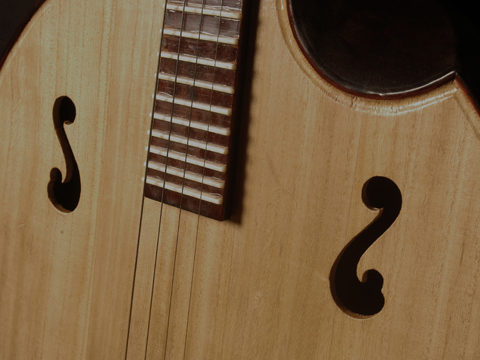
Education
The HKCO Orchestral Academy Hong Kong Youth Zheng Ensemble Hong Kong Young Chinese Orchestra Music Courses Chinese Music Conducting 賽馬會中國音樂教育及推廣計劃 Chinese Music Talent Training Scheme HKJC Chinese Music 360 The International Drum Graded Exam

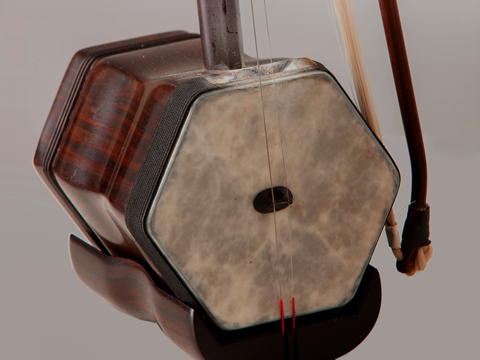
Instrument R&D
Eco-Huqins Chinese Instruments Standard Orchestra Instrument Range Chart and Page Format of the Full Score Configuration of the Orchestra
45th Orchestral Season
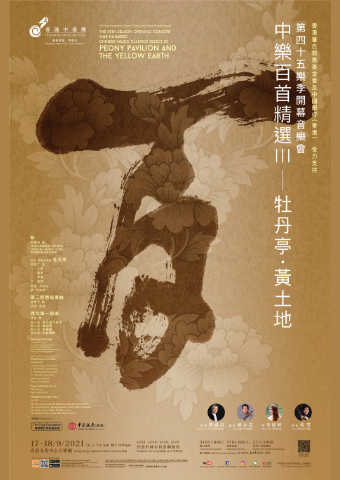
The 45th Season Opening Concert
One Hundred Chinese Music Classics Select III - Peony Pavilion and The Yellow Earth
The Tung Foundation & Bank of China (Hong Kong) Proudly Supports
Zheng: Li Tingting
Pipa: Zhang Ying
Light, a work by Hong Kong young composer Leung Hong-yu as a morale-booster in the battle against the Covid-19 pandemic. Other items on the programme include The Peony Pavilion by National Class One Composer, Gu Guanren; Pipa Concerto No. 2 by Zhao Jiping, a maestro renowned for his “magic notes”; and Northwest Suite No. 1 by Tan Dun of international standing. On wings of music, we fly from the Pearl of the Orient to the Loess Plateau in northwest China, and from the dreamy soundscape of qudi and zheng to the compelling and poetic expressions of the pipa, until we reach the deep heart’s core of Chinese music.
Finding the Light Leung Hong-yu
(Arrangement commissioned by the HKCO / World Premiere) (Selected from the ‘HKCO Net Festival – With New Tunes, We Connect’)
Qudi and Zheng Double Concerto The Peony Pavilion Gu Guanren
1. Appearing in the Dream
2. The Sudden Awakening
3. Searching for the Dream
4. A Dream Comes True
Qudi: Sun Yongzhi
Zheng: Li Tingting
Pipa Concerto No. 2 Zhao Jiping
Pipa: Zhang Ying
Northwest Suite No. 1 Tan Dun
The first section: God in Heaven Grants Us Sweet Rain
The second section: Rousing Games in the Bridal Chamber
The third section: I Miss My Dear Love
The fourth section: Stone-slab Waist Drums
Romantic Love and Its Constraint in Chinese Music
Christopher Pak
For centuries, romantic love has always been one of the most inspiring subjects in creative arts. The reason for this is not difficult to understand, as creative work with romantic love as subject can possibly echo personal experience of the audience. Artistic work will definitely be on its path to success if it can touch the soul of its audience.
However, some unique characteristics can be observed when romantic love is being expressed in traditional Chinese music, something that go beyond our general perception. In fact, traditional instrumental music like the music for qin and pipa, as well as other regional ensemble genres, include only few pieces with romantic love as subject. Notable works mostly include music that feature court ladies like Wang Zhaojun or Chen Hangyuan, where their own aspiration of romantic love is mingled with their rough lives or resentment. It is only in genres like folk song, traditional opera and narrative singing, with lyrical texts as the main idiom, romantic love remains one of the common themes.
Such intricate character of traditional instrumental music is largely related to the unique position of literati culture in music. Aesthetics of traditional Chinese instrumental music is dominated by the perception of arts shared among the literati class, where the main emphasis is the search for a harmonious union between human and the universe. Instrumental music is a means to express this artistic ideal as well as a way to highlight the personal edification of a traditional scholar. Another important reason to explain the lack of romantic love as subject in instrumental music is the close relationship between regional ensemble music and folklore or religious activities. It would be difficult to imagine individual emotion being expressed in such contexts.
Though romantic love is a notable theme still being utilized in genres like traditional opera, there are still constraints to enable artistic works in expressing romantic love. Quite often the subject can only be expressed in a rather restricted manner. For instant, in the well-known drama The Peony Pavilion by Tang Xianzu of the Ming Dynasty, the main character Du Liliang expressed her longing for romantic love through a series of delicate emotional changes. Quite often contemporary audience have been overwhelmed by the romantic love stories featured in modern movies and television dramas. Audience today needs to consolidate back to their youthful heart if they would like to appreciate the delicate emotion experienced by Du Liliang.
Music in the Qudi and Zheng Double Concerto The Peony Pavilion by Gu Guanren largely follows the original storylines. However, audience can only fully understand the complicated image of Du Liliang portrayed in the music through a careful reading of the refine melodic lines and colorful orchestration featured in the piece. For audience who have already accustomed to the modern romantic drama expressed in pieces like The Butterfly Lovers Concerto, we need a fresh heart in order to enjoy the cultural realm as explored in the work of Tang Xianzu.
Delicacy in expressing romantic love is not only restricted to traditional works. For instant, the most fascinating episode in the 1984 movie The Yellow Earth is the scene when Cui Qiao, a young village girl, met Gu Qing, a cadre of artistic work from the Eighth Regiment of the Communist Army. Under the constraints imposed by traditional rural society and the political aspiration of the army, Gu Qing inspired Cui Qiao with the possibility to look for a promising future, though the prospect was rough and unclear. This move finally encouraged Cui to abandon her old life and fight for her new future. The dance drama The Yellow Earth is based on the same story. Music composed by Tan Dun for the dance drama has employed numerous materials from folk music of northern Shaanxi Province. Northwest Suite No. 1 includes selections of music written for the dance drama, where the music reflects multiple facets of the folklore life in the region. While we are enjoying the strong rhythmic motion expressed in the waist drum dance and the lamenting melodies of the folk song genre xintianyou, it would be more rewarding if we can attempt to feel the struggle for life in the mind of Cui Qiao imbedded in these seemingly emotional melodic lines.
The concert begins with the piece Finding the Light to remind us to keep our faith during the adverse time of the pandemic. It is also worth to note that the pipa concerto featured in the concert is composed by Zhao Jiping, who has actually written the original film score for the movie The Yellow Earth. Pipa Concerto No. 2 has adopted materials from the narrative singing genre from Suzhou and the composer has kept his approachable film music style in the piece. Perhaps the emotion expressed in this work would move closer to the heart of contemporary audience.
At the end, there are actually many possibilities in the emotional world of Chinese music.
Your Support
Friends of HKCO
Copyright © 2025 HKCO
